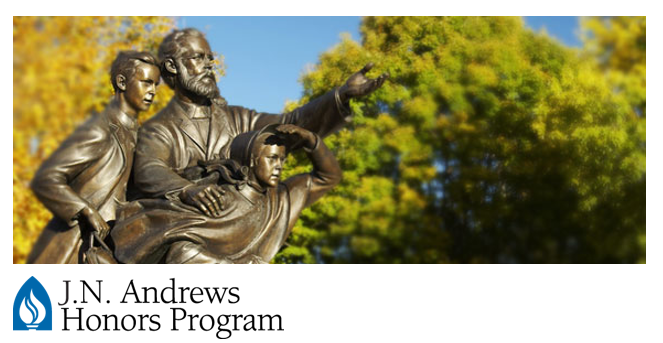Date of Award
2012
Document Type
Honors Thesis
Department
History & Political Science
Abstract
The use of film as a source of history has been highly contested since the creation of narrative film in the beginning of the twentieth century. While there is no doubt that film cannt be used as a source for the accurate account of an event or an individual, historians are slowly accepting the role that films play as "cultural documents." The benefit of film in the study of popular memory and social and cultural history is best seen in the study of the development of an individual, event, or ideal over time. Because of this, Jesse James is an ideal object of study as he has been depicted in over forty films in the past century. Analyzing the differing adaptations of four key films, this study works to critically assess varying depictions of the James story and James himself; as well as the causes behind his enduring success as an American hero and arbiter of vigilante justice in spite of the tension between myth and reality within the Jesse James legend.
Recommended Citation
Grube, April Mae, "A Cultural and Social History on the Role of Film and Societal Trends: A Case Study of the Outlaw Jesse James" (2012). Honors Theses. 50.
https://dx.doi.org/10.32597/honors/50/
https://digitalcommons.andrews.edu/honors/50
Subject Area
Outlaws-- West (U.S.)--History, History in motion pictures
Creative Commons License

This work is licensed under a Creative Commons Attribution-No Derivative Works 4.0 International License.
DOI
https://dx.doi.org/10.32597/honors/50/



